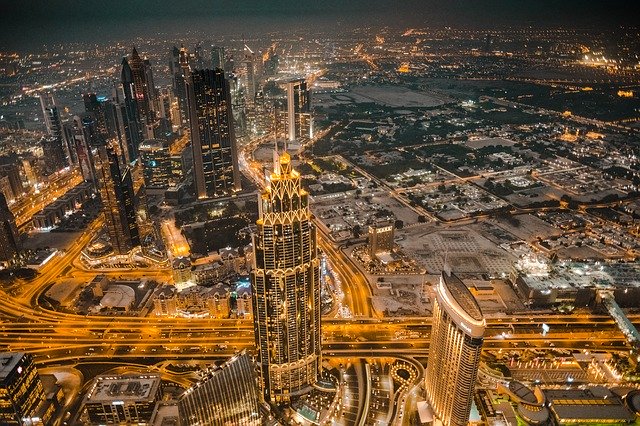There has been a consistent positive growth in the real estate market of the Middle East. This has over the years attracted foreign investors looking to tap into the growing economies of the different countries in the region.

The Middle East region is made up of 17 countries, all of which have different regulations with regards to how they handle real estate investment processes. For foreign investors interested in buying real estate in this region, they will need to be familiar with the set legislations of the individual countries.
Below are some of the things you need to know about the real estate setup in a few of the countries in the Middle East:
- Jordan
A foreigner interested in investing in real estate in Jordan can only do so provided that his or her country has a reciprocal relationship with this country Jordan.
The investors are required to work with an agent when purchasing real estate property in Jordan. The buyer will also be required to cooperate with government agencies such as the Ministry of Lands and Survey and the Ministry of Finance.
A foreigner who buys real estate property in Jordan is expected by law to wait for at least 5 years before selling off the property and he or she must get purchase approval from the established cabinet in Jordan.
- Oman
As is now, foreigners interested in investing in real estate in Oman can only do so in areas that are termed as freehold and are integrated with tourist complexes. Additionally, foreigners who purchase undeveloped land are expected to develop it within a four year period after making the purchase.
The foreigner together with his or her family automatically gains residency rights after purchasing and legally obtaining real estate in Oman.
- United Arab Emirates
The United Arab Emirates, particularly Dubai, is known for its luxurious developments. This has over the years pulled investors from all over the world who are interested in investing in the UAE nation’s real estate.
As is the case in Oman, UAE also restricts foreigners to purchase real estate property only on freehold developments. The buyer will choose the model of the property that he or she wants to invest in and will then provide a deposit that’s between 10 and 15% of the overall cost of purchase or development.
- Qatar
Qatar also has the provision for foreigners to invest in the country’s real estate only on freehold developments and the buyer upon making a purchase automatically gains residency rights in the country. Foreigners can make these purchases through property developers.
The purchase process involves making an initial deposit after signing a contract and then clearing the pending payments as dictated by the terms of payment on the contracts.
For example, The Pearl which is one of the freehold developments in Qatar requires that an investor make an initial 20% payment of the total price in order to book the property. Afterward, the investor is expected to pay the remainder of the buying price in quarterly installments.
Conclusion
This is just a basic overview of the real estate setup of a few of the countries found in the Middle East. For anyone interested in making an investment in the Middle East’s real estate sector, they can consider liaising with any of these real estate companies who will guide them on how to go about handling the entire process from start to finish.
More Travel Tips
How Can Moms Prepare for Traveling with Their Children?
Nossa muito diferente mesmo, parabéns pelo conteúdo
Uaul!! Esse conteúdo é realmente incrível
A word of mouth through friends and family is also fantastic since you can get a buyer just there.
Thank you for your writing! It is easy to understand and detailed. I feel it is interesting, I hope you continue to have such good posts.